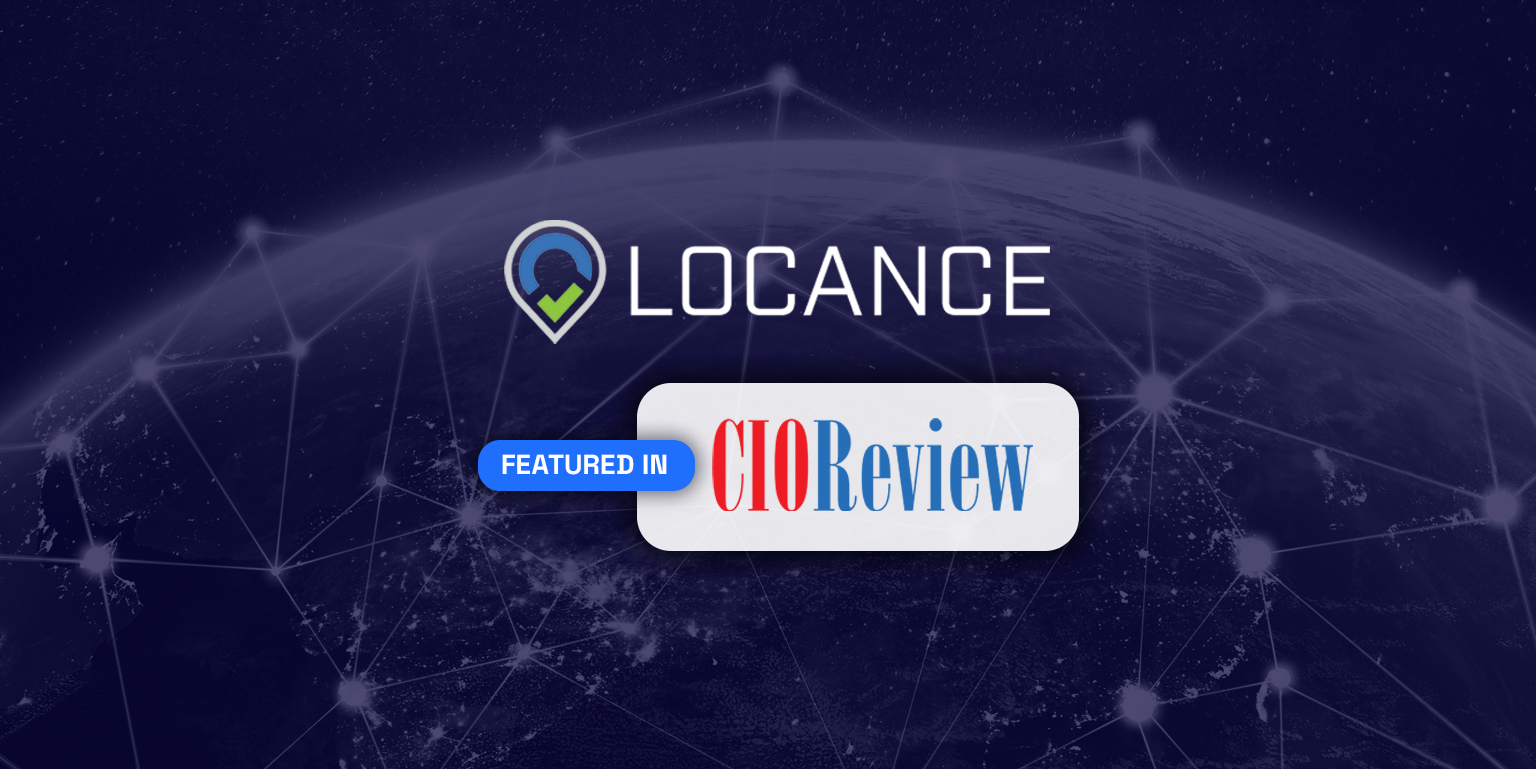Italy’s online gaming revamp: how new regulations are reshaping geolocation compliance
August 21, 2025

Italy’s online gaming market is undergoing its most significant transformation in over a decade. With the implementation of Legislative Decree No. 41/2024, the country is moving from a loosely regulated environment to one of Europe’s most stringent gaming geolocation compliance frameworks. For operators eyeing Italy, one of Europe’s most lucrative gaming markets, understanding and meeting these new geolocation requirements is mandatory.
The New Regulatory Landscape
Italy’s Agenzia delle Dogane e dei Monopoli (ADM) has already accepted applications from approximately 50–60 gaming providers seeking licenses under the new framework. The regulations, set to fully deploy by March 2026, introduce new technical requirements that will fundamentally change how operators approach geolocation for gaming compliance in the region.
The shift represents a complete restructuring of how online gaming operates within Italian borders. Licensed operators must now implement sophisticated geolocation APIs and systems that ensure players are physically present within Italy while excluding specific territories like Vatican City and San Marino. We’re breaking down the specific requirements and how operators can ensure they remain fully compliant.
Critical Geolocation API Requirements and How to Meet Them
Let’s look at the essential geolocation and gaming compliance requirements and explore how providers like Locance help operators check every box:
Italy ADM Geolocation Compliance Checklist
| Requirement | ADM Mandate | Locance Solution |
| Multi-Layer Verification | IP (IPv4/IPv6), GPS, Wi-Fi, sensor fusion | ✓ All layers in single integrated platform |
| Anti-Spoofing Technology | VPN/proxy/TOR detection required | ✓ Real-time detection & blocking |
| Precision Geofencing | Sub-kilometer accuracy for exclusion zones | ✓ Flexible inclusion/exclusion configuration |
| Audit & Reporting | 5-year retention, timestamped logs | ✓ Detailed reporting via customer portal |
| GDPR Compliance | User consent, data minimization | ✓ Privacy by design architecture |
| Single-Domain Support | One license per domain only | ✓ Single and multi-license configuration capability |
| Real-Time ADM Integration | API interoperability for data feeds | ✓ Compatible API infrastructure |
| Certification Standards | ADM-accredited lab testing required | ✓ GLI/BMM certification experience |
| System Redundancy | Uptime/failover requirements | ✓ Built-in redundancy features |
| Change Management | Update notifications to ADM | ✓ Established update protocols |
1) Multi-Layered Location Verification
The Requirement: ADM mandates operators implement comprehensive location verification using multiple data points: IP geolocation (supporting both IPv4 and IPv6), GPS validation, Wi-Fi location, and sensor fusion technology.
The Solution: Locance’s geolocation API incorporates all above-mentioned verification layers into a single, integrated solution. The platform uses high-accuracy location sources including GPS, Wi-Fi, platform and cellular data, ensuring operators meet ADM’s multi-layered verification standards without having to manage multiple vendors or systems.
2) VPN and Spoofing Detection
The Requirement: Operators must detect and block attempts to circumvent location restrictions through VPNs, proxies, TOR networks, and GPS spoofing applications.
The Solution: Locance provides built-in VPN detection and anti-spoofing capabilities that identify and flag suspicious connection patterns in real-time. This tamper-resistant technology helps operators maintain the integrity of their geographic boundaries while meeting ADM’s strict enforcement standards.
3) Precision Geofencing for Exclusion Zones
The Requirement: Italy’s new online gaming regulations require sub-kilometer precision for geofencing, particularly in border towns and around restricted areas. Operators must block access from Vatican City, San Marino, military zones, and other ADM-designated areas.
The Solution: Locance’s comprehensive geofencing capabilities enable both inclusion and exclusion zones far exceeding the precision ADM demands. The system’s flexible configuration is managed by a team of Customer Success Managers that can quickly make regulator-mandated adjustments to the boundary areas without any required code or application changes by the operator. This allows for fast and easy updates as regulations evolve, ensuring continuous compliance without major technical overhauls.
4) Audit Trail and Reporting Infrastructure
The Requirement: ADM requires operators to maintain timestamped, device-specific geolocation logs for at least five years, with exportable reports available for regulatory review.
The Solution: The Locance customer portal includes exportable reports that meet ADM’s documentation requirements. The platform automatically generates and stores the detailed event logging that regulators need, including timestamp data, device information, and location verification results — all while meeting the stringent data retention controls that ADM requires.
5) GDPR and Data Protection Compliance
The Requirement: Geolocation providers must fully comply with GDPR, particularly Article 6 (lawfulness), Article 7 (consent), and Article 25 (privacy by design). The ADM expects operators to validate that their third-party providers meet GDPR obligations, including user consent mechanisms, data minimization, and retention controls. Violations may trigger sanctions for the operator.
The Solution: Locance’s platform is built with privacy by design principles, ensuring full GDPR compliance for geolocation in the Italian market. The system implements proper user consent workflows, data minimization practices, and secure data handling that meets both ADM and EU data protection standards. Locance never shares data with anyone without explicit customer authorization.
6) Single-Domain Compliance Made Simple
The Requirement: Italy’s new framework eliminates multi-skin operations, meaning that each license now applies to only one domain. This creates unique challenges for operators managing multiple brands.
The Solution: Locance’s platform enforces domain-specific access credentials out of the box while its flexibility allows operators to easily deploy geolocation compliance across multiple single-domain licenses without duplicating infrastructure, using unique access credentials for each domain. Whether you’re managing one brand or several, the platform scales to meet your needs while maintaining strict separation between licensed domains.
7) Additional Technical & Certification Requirements
The Requirement: Beyond core geolocation functions, ADM mandates several technical specifications including ADM-accredited laboratory testing, fallback logic for low-bandwidth environments, change control protocols for system updates, and compliance with ADM’s uptime and redundancy standards. Operators must also notify ADM of any SDK or API updates and demonstrate that these don’t weaken compliance.
The Solution: Locance’s platform is designed to meet comprehensive technical certification standards, with proven reliability across varying network conditions and built-in redundancy features. The company’s experience with certification through testing houses like GLI and BMM, combined with established change management protocols, positions operators to navigate ADM’s technical audit requirements smoothly.
Learning from Proven Markets
Locance brings invaluable experience from pioneering geolocation compliance in North America’s most regulated markets. The company has been on the front lines in New Jersey, a region that is widely considered the gold standard for online gaming regulation. Locance’s geolocation API solution has been integrated and certified through rigorous testing by regulatory bodies including the New Jersey Division of Gaming Enforcement.
Similarly, in Ontario, Canada’s first regulated online gaming market, Locance has helped operators navigate complex provincial requirements, including independent test lab certification. This experience translates directly to Italy’s evolving landscape, where similar technical standards and certification processes are taking shape.
The company’s geolocation compliance API has been successfully integrated into multiple customer applications across dozens of states in the U.S., Canada, and other jurisdictions worldwide. These implementations have passed certification through respected testing houses including GLI, BMM, and various regulatory bodies. Such experience naturally positions Locance to support Italian operators through ADM’s certification requirements.
Preparing for 2026 and Beyond
With the November 2025 concession deadline approaching and full technical deployment targeted for March 2026, operators can’t afford to wait. The transition demands more than just technical geolocation compliance; it requires a partner who understands both the regulatory landscape and the practical challenges of implementation.
Italy’s gaming compliance requirements will only grow more sophisticated as ADM refines its oversight capabilities. Operators who invest in robust, adaptable geolocation compliance solutions now will find themselves better positioned for long-term success in one of Europe’s most promising gaming markets.








